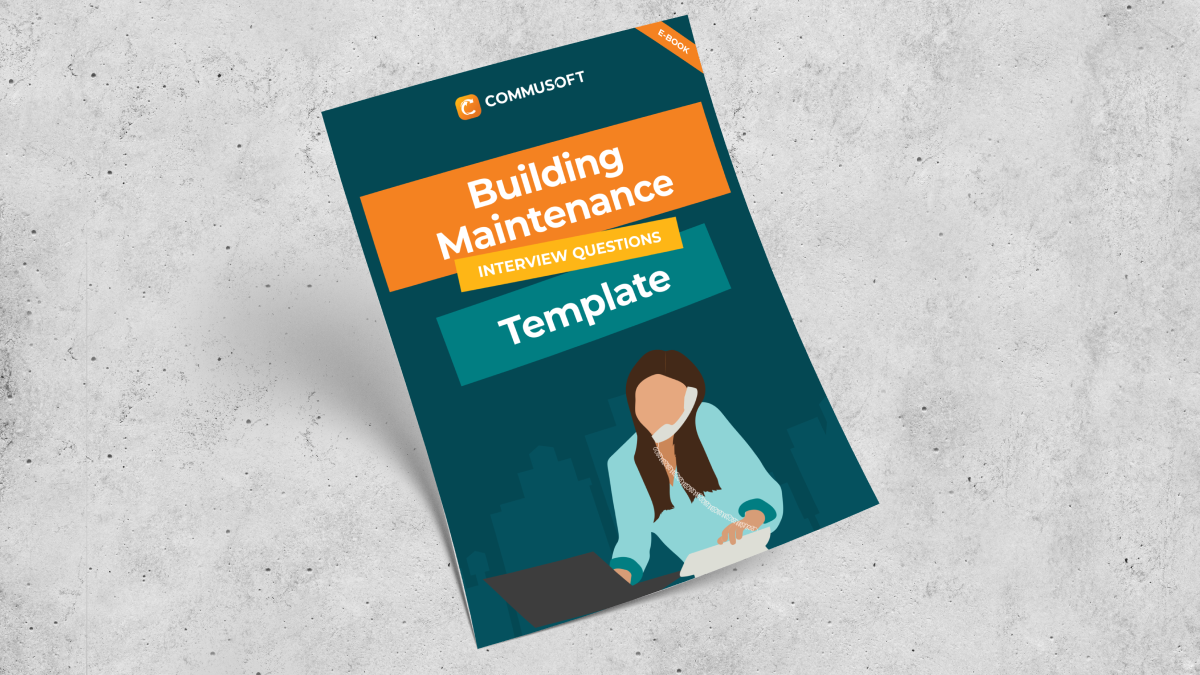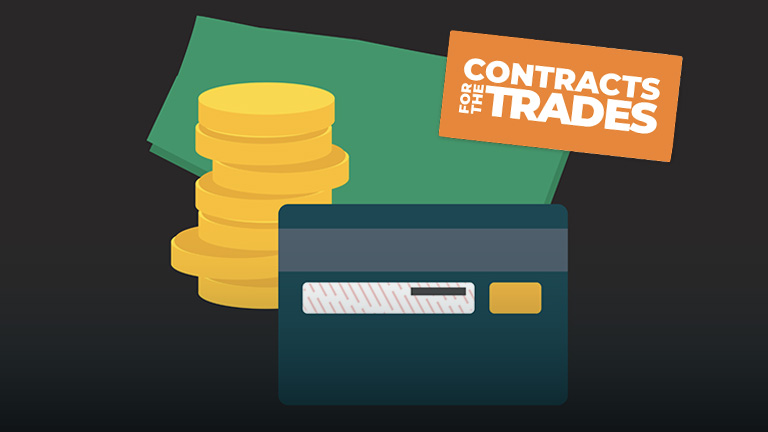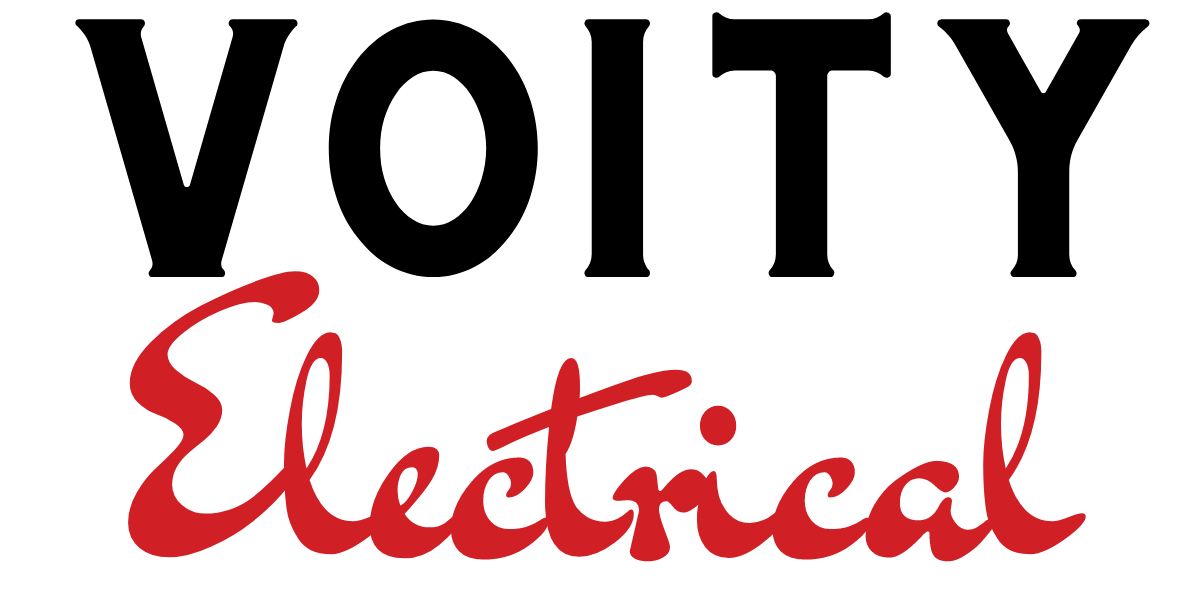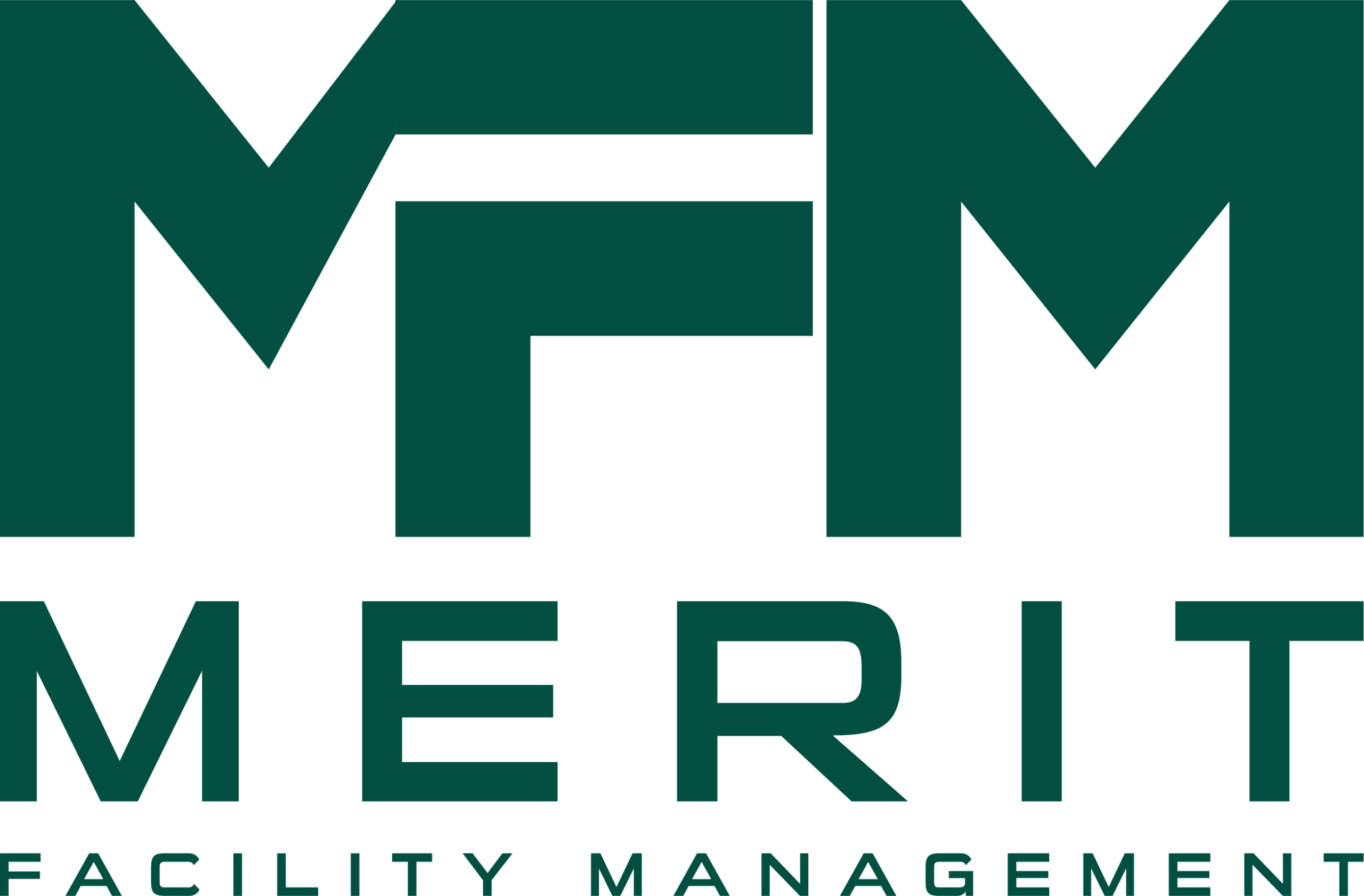Interviewing can be a stressful process – and not just for the applicant.
As a hiring manager, you want to find the best candidate for the role, but it’s not always easy to know what to ask to ensure they’re the right fit for the job.
If you’re wondering “What questions should I ask a plumber?” You’re in the right place! Our list of plumbing interview questions will help to keep your conversations on track and focused on what really matters.
The Importance of Hiring the Right Plumbing Professionals
From past experience, niche skills, and personality, there’s a lot to consider. After all, to be the best, your plumbing team needs the very best.
First, you should use these interviews to understand how your plumbing candidates approach their work. Further, you should identify the traits that make them successful in a role.
Ultimately, asking the right plumber interview questions ensures you send an offer letter to the right candidate.
The Right Interview Questions Help in the Selection Process
Interviews are two-way streets! You should be selling the position just as hard as they’re selling themselves to you. Be sure to highlight why your company stands apart from your competitors. If you genuinely liked them, your sales pitch also has to hold up. Try to find common ground and focus on making it a conversation versus an interrogation.
Asking these plumbing interview questions will give you a full and well-rounded overview of who your candidates are. You’ll learn about their character, qualifications, and how they handle certain situations. Knowing this will help you make a better, more informed decision about who joins your company. In turn, it will also lower your turnover and hiring costs in the long run.
Hiring for different roles? Check out our Electrical and Building Maintenance interview questions!
General Plumbing Interview Questions
1. What interests you about this position and our company?
The best plumbing candidates should be motivated and excited about the role! Regardless of whether they’re a plumbing veteran or are just getting started as an apprentice, if they don’t know anything about your company or role, they likely haven’t done any research.
2. Can you describe a challenging situation you encountered at a previous plumbing job and how you handled it?
Plumbing comes with its fair share of pressure and hot water, literally. The candidate may bring up experiences with sump pump failure, drainage systems, and broken water heaters for example. Understanding how candidates handle stress and plumbing problems will help you determine who’s the best fit for your team.
3. What are your strengths and weaknesses?
This is a great way to gauge confidence and begin to understand if the plumbing candidate can fill any knowledge and skill gaps within your team.
Technical Plumbing Interview Questions
4. Can you describe your experience with [specific plumbing system]?
A resume only has so much space, so give candidates the opportunity to walk you through their experience. They may bring up an additional certification they have or a course they took that could be extremely valuable to your team.
5. How do you troubleshoot common plumbing issues?
This plumbing interview question will give you a clear understanding of how the candidate works. If they can’t get past the first two steps of the job or disregard health and safety precautions, it will become evident they’re underqualified for the role. If they can talk you through everything in detail, you can be confident they have the skills required.
6. Would you recommend water mains to be copper or PVC? Can you explain why?
This is not only to test an applicant’s knowledge but also an opportunity to see how they can explain their decisions. If you were the customer and heard this explanation, would you be convinced by their recommendation?
7. How can you determine the water hardness level in a building?
Like above, this question will help determine how much the candidate knows about the plumbing industry. Don’t forget to ask specific plumbing questions about the role you’re hiring for!
8. What is backflow, and why is it a concern in plumbing?
These questions may be trivial to a seasoned plumber, but if they can properly outline their answers, you can be sure they’ll do the same for your customers. Learn about more plumbing skills to be on the lookout for here.
Role-specific Plumbing Interview Questions
9. What plumbing certifications do you hold, and are you licensed in this state?
Proper licensing and certifications are a must. Be sure to verify your candidate’s details are checked out and verified before sending them an offer letter!
10. Can you describe your experience with residential and commercial plumbing systems?
Residential and commercial plumbing come with their own challenges. If they don’t have experience in one area, your plumber candidate should understand the difference between the two.
11. How do you handle emergency plumbing situations, such as burst pipes or severe leaks?
Staying calm under pressure is essential in the plumbing industry. Be sure to use this opportunity to determine how your plumber candidate works in tense scenarios. Further, this question can help your interviewer understand how they’ll collaborate with your team.
12. What tools and equipment are essential for plumbing tasks, and how proficient are you in using them?
This will demonstrate their familiarity with the trade. If they can’t list off common tools and explain why they’re necessary, you may have uncovered a big gap in their knowledge you would have otherwise not recognized until much later. Further, if they use a digital plumbing system, they might already be familiar with job management software that can improve daily operations.
13. Have you worked with different pipe materials, and can you explain when and where to use each type?
Paired with the previous question, this should further reveal how familiar with the plumbing industry the candidate is. Plus, this will give you a better idea of what they expect from their employer if you’re planning to provide them with additional equipment.
Behavioral Plumbing Interview Questions
14. Tell me about a challenging plumbing project you’ve worked on. How did you approach & resolve the issue?
It’s important to understand how your plumbing candidates react to stress. Great candidates should be able to accurately walk you through the situation and how it was resolved.
15. Describe a situation where you had to work as part of a plumbing team. How did you contribute to the team’s success?
It’s important that your new employee is a team player, because more often than not, they’ll be working as part of a team. This question evaluates if they can take feedback from a teammate, or whether you’ll find yourself having to micromanage every small disagreement. If they become defensive and say they’re always right, it should be a red flag.
16. Tell me about a plumbing project that required strict adherence to safety regulations. How do you ensure safety compliance on the job?
Your plumbers need to be able to follow instructions. Not only is this an opportunity for candidates to indicate that they’re knowledgeable about the rules, but they can also showcase how they operate when strict regulations need to be followed on the job. Plumbing apprentices might not yet be familiar with specific regulations, but they can use this opportunity to demonstrate some common sense!
17. Can you share an example of a plumbing project where you made a mistake or error? How did you handle it, and what did you learn from the experience?
Everyone needs to be able to own up to their mistakes! It’s important for the candidate to take accountability, but to also show that they were able to learn and grow from the error. If they can’t do either of these, it should be a red flag in the interview.
Operational Plumbing Interview Questions
18. How do you ensure the proper maintenance and upkeep of plumbing tools and equipment in your daily work routine?
Extending the life of your company tools is a top priority. Your plumbing candidate should understand how to properly use and maintain plumbing equipment. Discover the top plumbing tools here.
19. Walk me through your process for diagnosing a plumbing issue in a residential home. What steps do you take to identify the problem?
Having good customer service and communication skills are a big part of being a plumber. Even if the candidate has all the technical skills, if they can’t speak to customers professionally, it’s going to pose problems down the line. This question ensures that they’ll represent your company in a positive way.
20. Describe the permits and licenses required for plumbing work in this area. How do you ensure you are compliant with local regulations on each project?
It’s essential that your employees have the safety knowledge to protect themselves and are compliant with regulations. This plumbing interview question will also give you insights into how they work on the job.
21. In a situation where you discover a plumbing code violation on a job site, what steps would you take, and how would you rectify the issue while minimizing disruptions to the project?
Your plumbers not only need to be familiar with regulations, but they also need to be able to properly fix faulty plumbing equipment. This is a great way to identify the very best plumber candidates.
Check out the best Plumbing Software!
Compensation-Based Questions for Hiring Plumbers
22. What are your salary expectations for this plumbing position?
Some hiring managers shy away from asking this because, frankly, they don’t want to hear the answer. However, there is no point in spending more time interviewing a candidate whose salary expectations don’t align with your budget for the role. We’d go as far as recommending including the salary bracket in the job listing to avoid wasting both your time and applicants.
23. What additional benefits or perks are important to you in a plumbing position?
Some candidates have specific benefits they’re looking for. If your company offers competitive health insurance, PTO, retirement planning, or other benefits, now is the time to highlight them. This is a great way to stand apart from your competitors. You might discover if this is an opportunity to adapt your company culture. After all, new employees can bring new ideas!
24. Can you provide details about your previous compensation structure in your most recent plumbing position?
Naturally, different plumbing companies have different pay structures. Use this opportunity to understand how they have previously compensated, and explain how compensation works at your business.
Find the Perfect Fit for Your Plumbing Position Today!
By asking a range of plumber interview questions–general, technical, role-specific, general, operational, and compensation-based–you’re sure to improve the quality of your conversations with candidates. You’ll also gain deeper insights into their personalities, capabilities, and qualifications.
As Tom Masters from Plumbing & Mechanical Magazine puts it,
“We assume all the good [candidates] are taken, but the truth is the market is filled with qualified people with all the skills, knowledge, and determination you’re looking for.”
Ultimately, asking the right plumbing questions will help you identify these applicants more easily and ensure you hire the right employee for your company. It all comes down to excellent communication, which, coincidentally, is a topic the Commusoft team is passionate about!
That’s why we’ve put together The Customer Communication Toolkit for you. It has 10 free templates that will help you email like a pro, download your copy below!
Originally by Ashley Tortorelli. This post has been updated with the latest and greatest advice!
Emma Bozenda
When I'm not writing about the best digital solutions for trades businesses, I'm either playing with my three dogs, or baking sweet treats!










